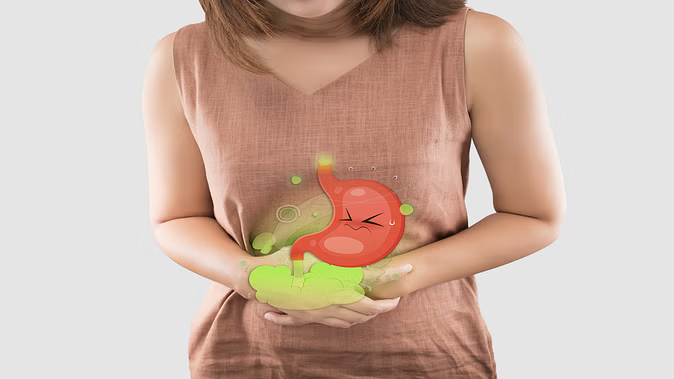For the body to function properly, it is important that we get adequate nutrients from the diet. Nutrients like vitamin C and D, protein and calcium are discussed a lot, but do you know that like these nutrients, we also need fiber daily?

Fiber is the most important element for keeping our digestion healthy. Fiber softens the stool, which removes the possibility of constipation. If you eat plenty of fiber-rich things, then it can be very helpful in keeping the intestines healthy.
Fiber is mainly found in fruits, vegetables, whole grains and some types of seeds. If there is a lack of fiber in the body, then there can be many types of negative effects on health. Let us know what kind of problems can be caused by lack of fiber.
Why is fiber important?
Fiber is not only necessary to keep your stomach healthy, and to nourish the good bacteria in the intestines, but with its help, problems like blood sugar and cholesterol can also be controlled. Health experts say, if your digestion is fine, it means that you are healthy. Including fiber-rich things in the diet can help in keeping digestion healthy.
If the amount of fiber-rich things in your diet is less or there is a lack of fiber in the body, then it can have many side effects.
Risk of constipation and intestinal problems
Due to a lack of fiber, the stool becomes hard, which can cause constipation. Lack of fiber also causes problems like flatulence, gas, and indigestion. Long-term fiber deficiency can cause problems in the large intestines and due to this there can be a risk of a disease called diverticulitis. The problem of constipation increases problems for the entire digestive system.

Risk of increased sugar and cholesterol
Soluble fiber mixes with water and forms a gel-like substance in your stomach, which slows down digestion. It helps control your blood sugar and cholesterol. In such a situation, if there is a lack of fiber in the diet, then blood sugar can increase due to this. Soluble fiber also helps in reducing cholesterol levels. Its deficiency increases the risk of increasing the amount of bad cholesterol in the blood, which can increase heart health problems.
How to meet the lack of fiber
Fiber can be fulfilled by including different types of fruits and vegetables in your diet. Apples, pears, broccoli, carrots and spinach, etc. contain fiber. Whole grains are the best sources of fiber. Make brown rice, whole wheat, and oats a part of the diet. Nuts and seeds like almonds, chia seeds, and flax seeds also provide fiber.
Along with all this, it is also important to drink an adequate amount of water, as it helps to digest fiber.
(PC: ISTOCK)










